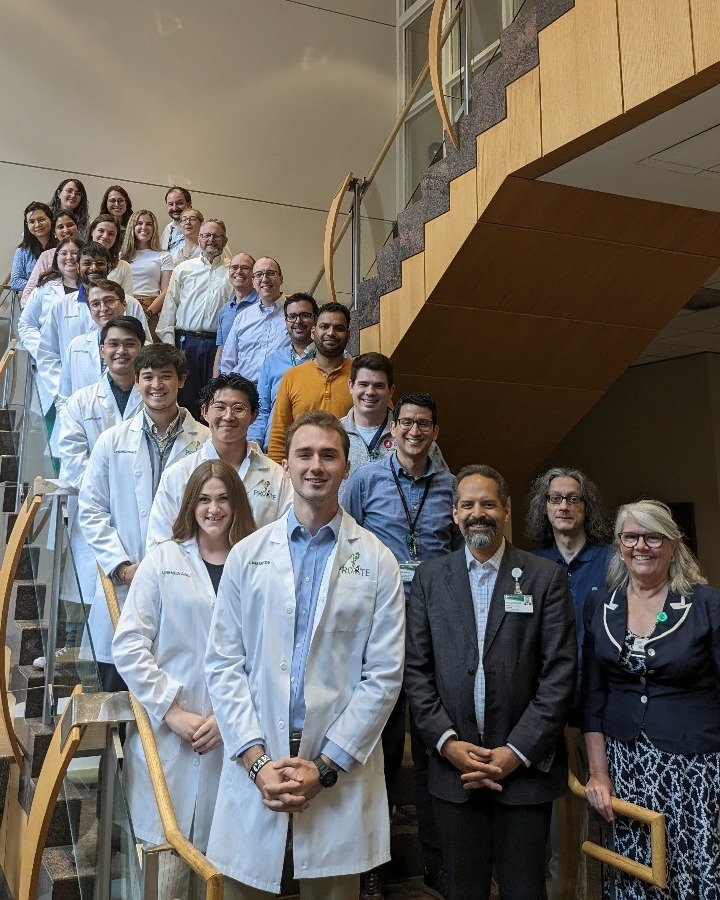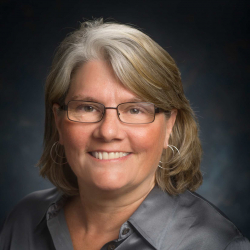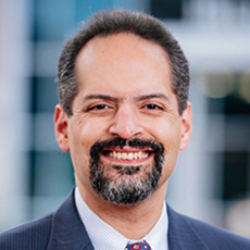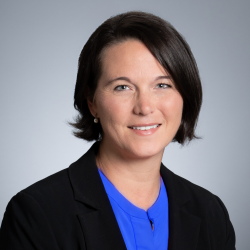The Predoctoral Research Training in Teams (PROmoTE) provides a curriculum to develop skills in translational research by immersing students in a novel program of team training and career development of incoming PhD and MD students at UAB.
PROmoTE trains pre-matriculating PhD, pre-matriculating MD, and Post-Baccalaureate scholars for a team science-based summer project focused on kidney-relevant translational research with a mentor team composed of PhD and MD scientists with mentoring backgrounds.
Application
Rolling Admissions
PROmoTE 2026 is accepting applications for motivated entering MD, PhD, and Post-baccalaureate scholars. This NIH-funded program runs for 10 weeks before your MD or GBS training begins.
Apply Now Opens an external link.Virtual Onboarding
May 18 - May 22, 2026
Campus Program
May 25 - July 17, 2026
Note: If you are interested but the dates are difficult, please reach out to rbecker@uab.edu.
PROmoTE FAQs
-
Who will I work with?
You will work on a research project in a team of four, which consists of a PhD scientis, a MD Scientis, A PhD student, an MD student, or a Post-Bacc Scholar.
-
How am I matched with the other team members?
After students are selected and accept to be in the program, we will send out a list of the resraserch projects and mentor teams. You will be asked to rank the projects. We will then match students and teams according to the rankings.
-
When does the program begin and end?
The program begins with Orientation and formerly ends with a team science presentation. There is some flexibility with start and end dates, please include information in your personal statement explaining any situations. However, you are required to be in the program for 10 weeks to obtain all benefits. Anticipated date for Summer 2025 - May 14 - May 23 (Virtual) May 26 - July 23 (On Campus)
-
Are there prerequisites for the course?
No, not at all. The course is an introduction to kidney research and critical thinking skills.
-
What learning opportunities will be available?
Along with your summer research project (about 80% of your time) you will also attend a one day Kidney Teamwork Retreat at the beginning of the summer and weekly seminars led by kidney researchers. You'll also take a 1 hour graduate course called Critical Evaluation of Kidney Disease that includes clinical visits.
-
Will this program take the place of the early lab rotation?
Yes, PhD Scholars can elect to have this program be a lab rotation, and the program pays the tuition.
-
What costs are covered?
PROmoTE covers your tuition for the summer course, Critical Approaches and Clinical Evaluation of Kidney Disease, up to 4 research hours, as well as travel to present your resarch at a scientific conference later in the year. GBS students may elect to have this research training program also have credit towards an early lab rotation.
The program also covers health insurance for the summer.
-
Do PROmoTE scholars receive a stipend?
Yes, PROmoTE scholars will receive a stipend for the 10 week program (determined by the 2025 pre-doctoral NRSA Rate). Students are required to be in the program for the entirety to receive the stipend.
-
Is the scholar responsible for their own housing costs?
Yes.
-
Is parking on campus available? If so, what are the costs?
Yes, parking is available for the summer, and the cost and application can be found at: https://www.uab.edu/transportation/students
-
Are funds available for scientific conferences?
Yes. Each student will be able to elect to attend Experimental Biology or American Society of Nephrology with a travel award up to $500.00.
Program Details

By working in teams of pre-matriculating, pre-matriculating MD, and Post-Baccalaureate scholars under the mentorship of successful MD and PhD researchers - PROmoTE scholars receive a first hand look into effective team science. Throughout the summer students develop skills in both basic and clinical science.
- Scholar team works together on an inter-connected research project
- PROmoTE scholars participate in a 1-credit hour (P/F) course
- Starting with the development of critical thinking about disease physiology and end with developing knowledge about clinical analysis of kidney disease pathology
- The program also includes 4-research credit hours
- PROmoTE begins with a Teamwork Retreat and concludes with a PROmoTE Team Science Celebration.
- To facilitate PROmoTE scholars’ understanding of the unique cultures, values, role/responsibilities, and expertise of graduate students and medical students, the recruited students will be exposed to a variety of teams and taught teamwork skills
- The program provides opportunities for networking and professional development with faculty, near peers, and peers and provides a strong onramp to the scholar's doctoral education.

Application Details
Application Deadline: Applicants accepted on a rolling basis starting March 15th, application opened on November 1.
- Pre-matriculating GBS PhD students, pre-matriculating MD students, and Post-Baccalareates *(who are US Citizens or Permanent Residents) are eligible to apply.
- All applicants will provide a CV and a 1-2 page personal statement providing interest in the program. *(Post-Bacc candidates must have some level of prior research experience, high degree of interest in kidney/translational research, and provide a letter of reference from a faculty member).
- Benefits include a stipend, tuition for summer credit hours, and travel costs to present this work at a scientific conference.
- PROmoTE is open to US Citizens and/or permanent residents.
Apply Now Opens an external link.
PROmoTE Leadership

PROmoTE Program Director

PROmoTE Co-Director
Funding: NIH R25DK112731
